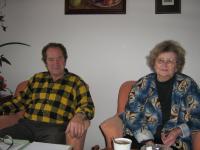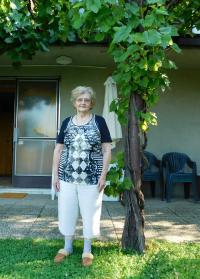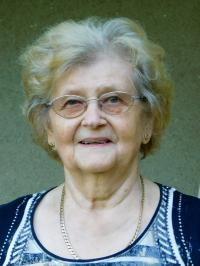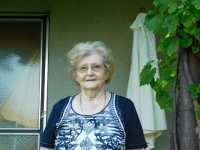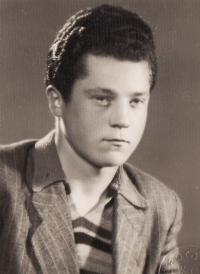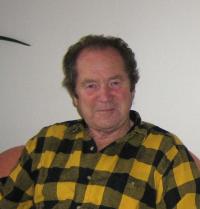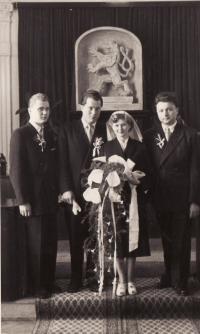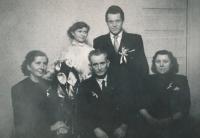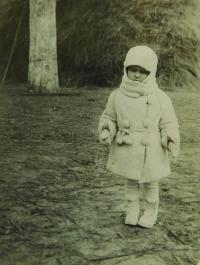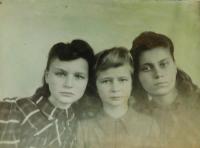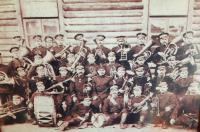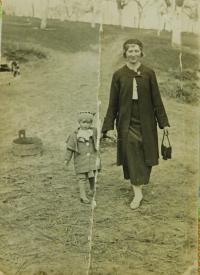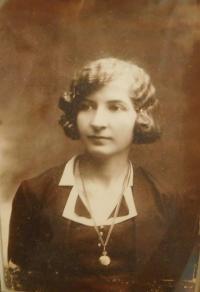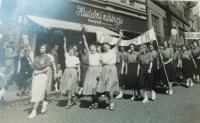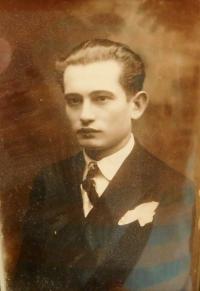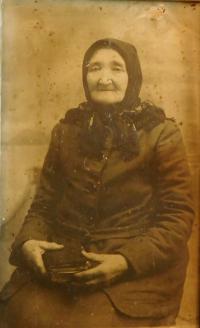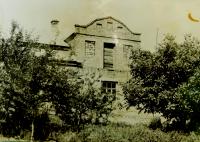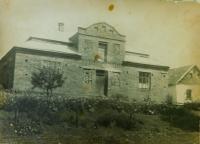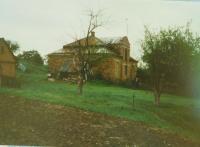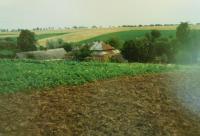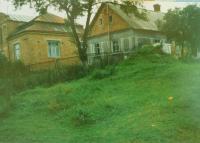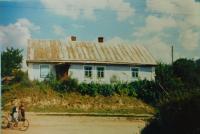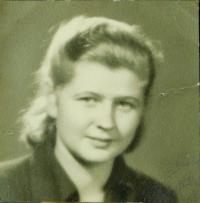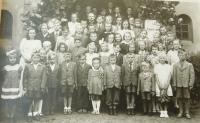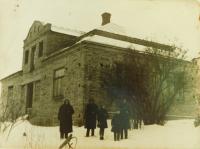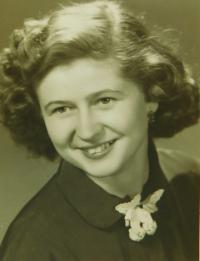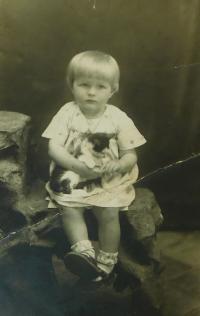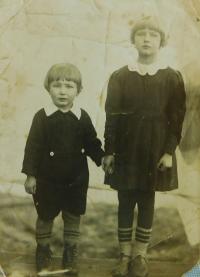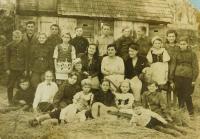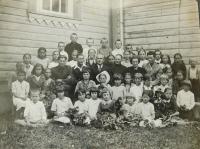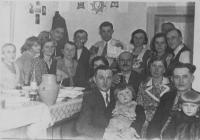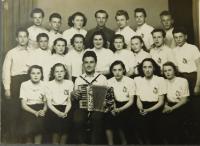Children grew up very quickly during the War
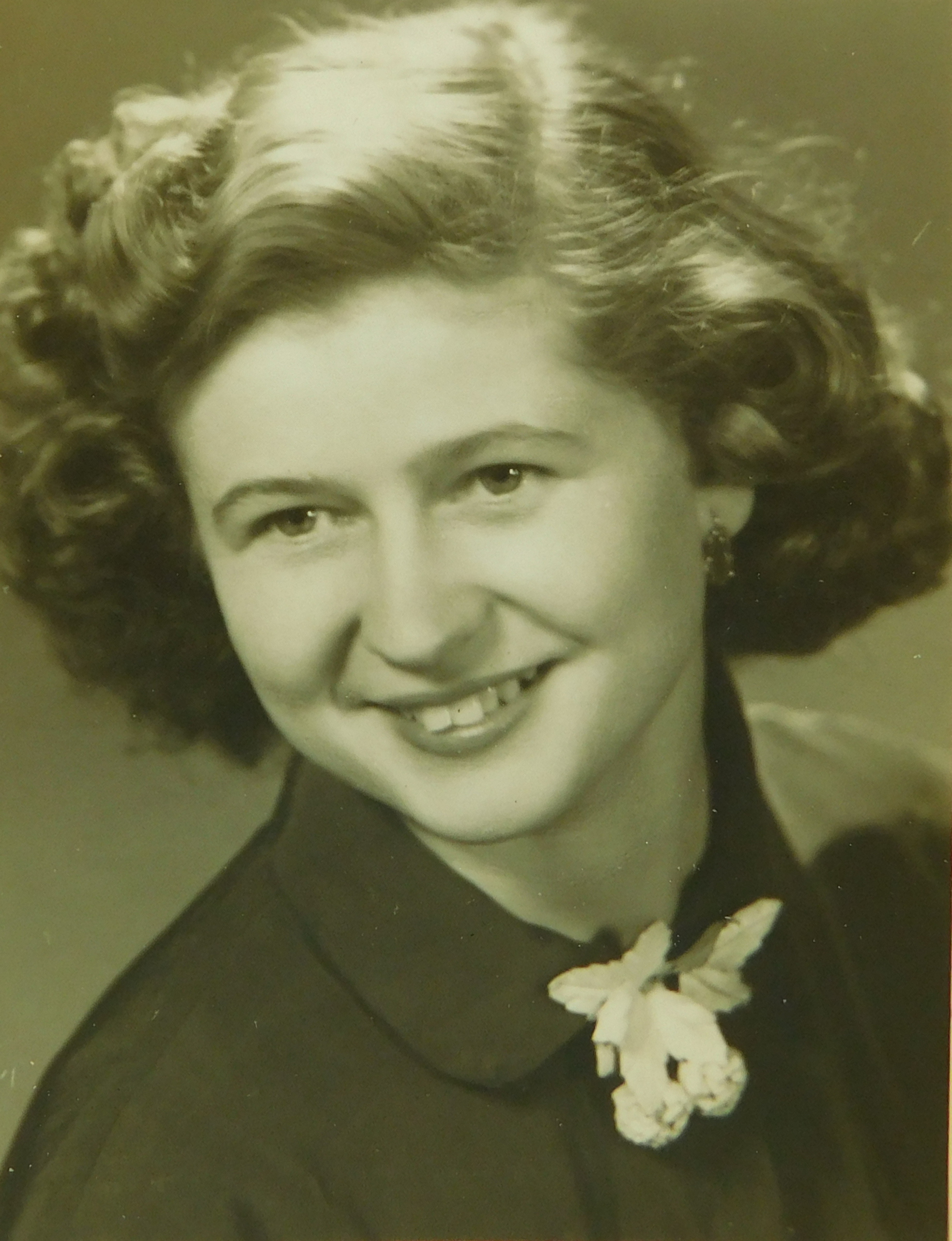
Download image
Evženie Hamplová, née Hajná, was born December 30th, 1933, in Dorohostaje in the Dubno governorate, Volhynia, in the then Poland (present-day Ukraine). She witnessed many events during the Second World War. Her father, Václav Hajný, worked as an accountant in a kolkhoz during the Soviet occupation of Volhynia. A former official, her father had to continually hide from the Bandera’s units. During the German occupation of Volhynia, the family was providing a hiding place for a Jewish boy and his grandfather in their barn. Right in their home, about one metre away from Evženie, Bandera’s soldiers shot Soviet soldier Mikhail Suchobokov to death. Evženie’s father joined the resistance organization of Volhynian Czechs called Blaník. At the end of the war, a Soviet army hospital was established in their house, and Evženie saw bodies of Soviet soldiers that were brutally mutilated by the Bandera’s army. The political development had an impact on the family’s life as well. In March 1944, Evženie’s father joined the 1st Czechoslovak Army Corps. He served as a non-commissioned officer of education in the Military Defence Intelligence (OBZ) under the command of Bedřich Reicin, who was later responsible for several show trials that resulted in politically motivated executions. While Evženie’s father became a supporter and a member of the Communist Party, he was among the few in their family. Evženie’s mother despised communism, and even Evženie’s husband, Miroslav Hampl, (whose story is also in the Archive), spent two years in prison for having helped some prisoners. Her brother, Vladimír, was the only one who signed Charter 77 in Šumperk. Evženie Hamplová has been living in Šumperk since her re-emigration from Volhynia, and she has been working there as a nurse in a hospital until her retirement.

